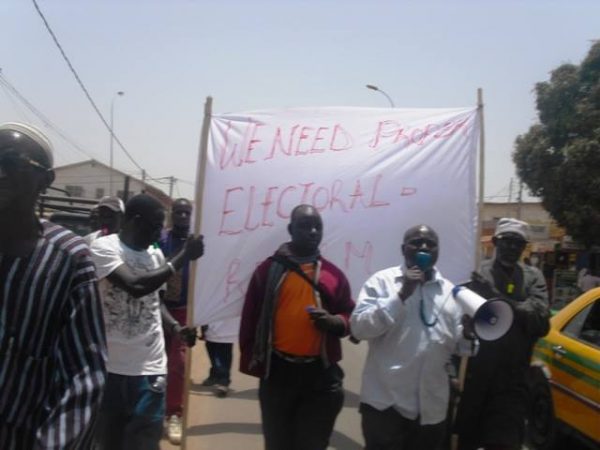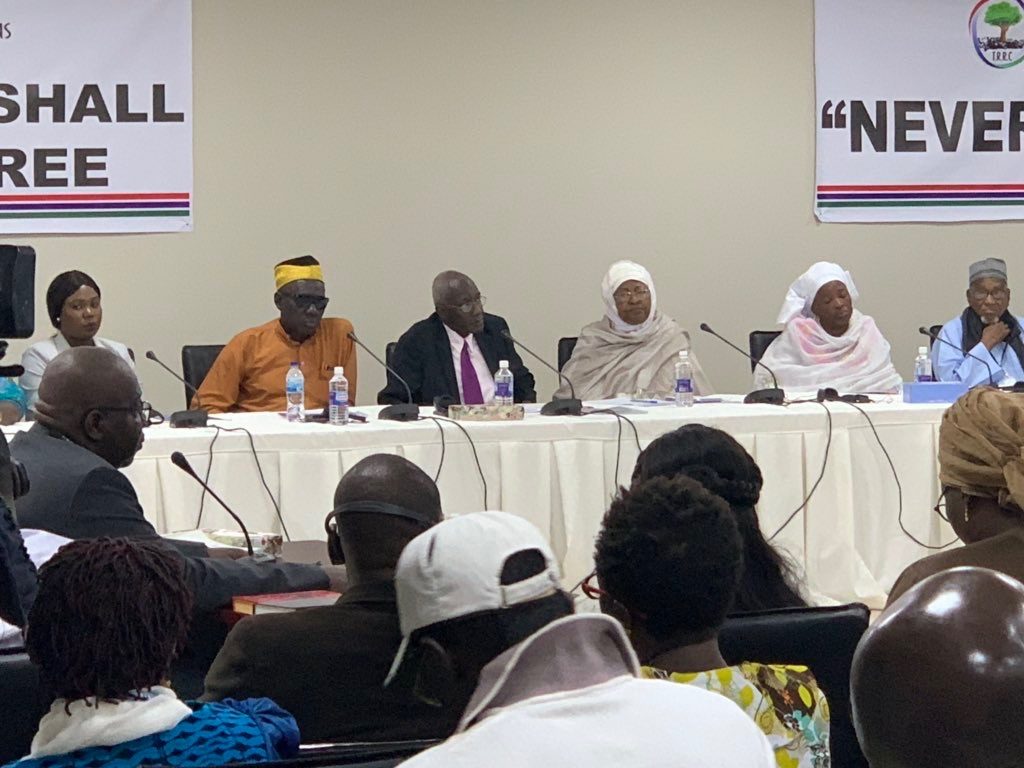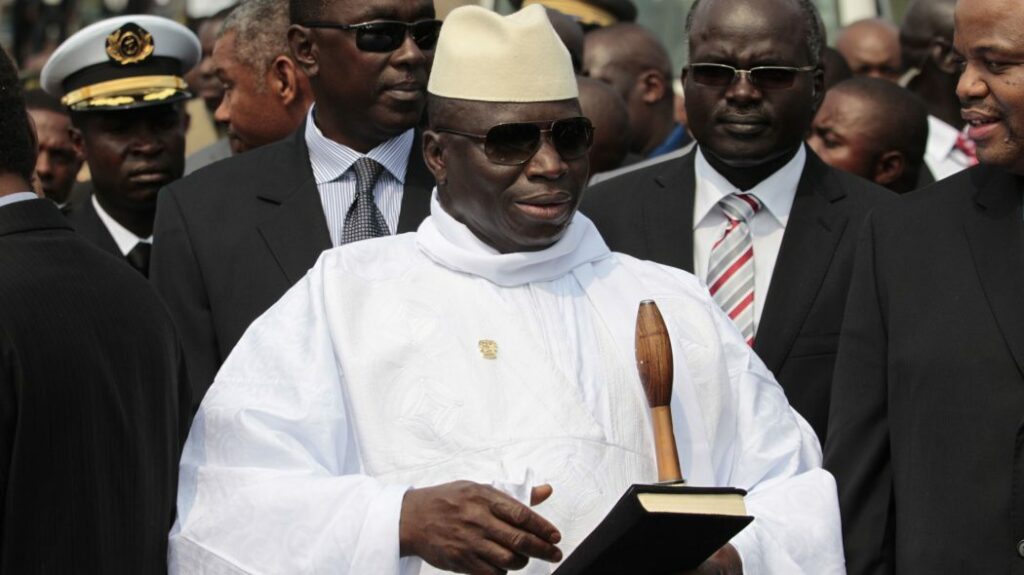Justice Betrayed: The Hypocrisy of Amnesty and the Illusion of Forgiveness in The Gambia

The Moral Crossroads of Transitional Justice
Following Yahya Jammeh’s 22-year authoritarian rule, The Gambia faces profound questions about justice and reconciliation. While Jammeh and a few close allies face accountability, many scholars, intellectuals, and officials who enabled his tyranny now find refuge in opposition groups and civil society.
This selective justice raises critical concerns about The Gambia’s transitional process. How can genuine healing occur when accountability is unevenly applied? The nation must confront whether this represents true reckoning or merely a reshuffling of power.
Landmark Verdicts Highlight Justice Gaps
Recent court decisions have sentenced former intelligence chief Yankuba Badjie and four others to death for the murder of activist Ebrima Solo Sandeng. Similarly, ex-minister Yankuba Touray received a death sentence for killing fellow minister Koro Ceesay.

These cases expose contradictions in The Gambia’s justice approach. Many key figures avoided the Truth, Reconciliation and Reparations Commission (TRRC), leaving gaps in the national healing process. The challenge remains: balancing retributive justice with restorative approaches.
The Amnesty Dilemma: Peace vs Justice
The debate centers on whether amnesty can promote reconciliation after such atrocities. While historically used in post-conflict situations, blanket amnesty risks legitimizing human rights violations.

Key considerations include:
- Victims’ rights to justice and reparations
- Potential for renewed conflict without structural changes
- Balancing immediate stability with long-term reconciliation
A Nation’s Conscience at Stake
The fundamental question remains: can The Gambia achieve both peace and justice? While justice creates lasting structural change, the pursuit may initially deepen divisions. The government must center victims’ voices in this decision.
As President Adama Barrow weighs these options, The Gambia faces a defining choice that will shape its democratic future. The path forward must honor victims while building sustainable peace.
By Alagi Yorro Jallow



